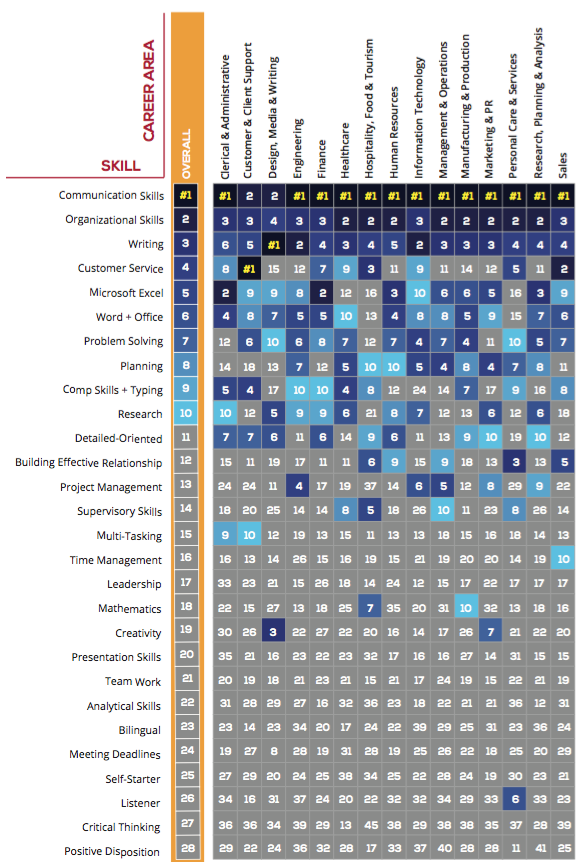Wondering what it takes to break into the business world? In the world of mergers and acquisitions, there is a professional need for an adviser to assist acquired companies throughout the integration process. A guide that helps integrate and align the new companies’ systems and processes with their own. I was fortunate enough to have the opportunity to conduct an interview with one such professional, Mr. David Harris. David Harris is Vice President of Integrations for Benchmark Rehab Partners, which is a conglomerate of physical therapy companies that serve patients using a shared care philosophy. He is responsible for being that middle man of sorts between Benchmark and the acquired companies, developing trust, and building a relationship. Throughout the interview, Mr. Harris touches on several points that lend themselves to effective communication within a business environment.
What is your professional history?
“I started as a physical therapist assistant in 1999. In 2002 I moved to Benchmark as a clinic director. At the time, Benchmark was a small company and as the company grew I grew along with it. I moved up from clinic director to a regional director where I was in charge of multiple clinics. After that I continued to grow within the company to where I am now.”
What writing advice do you have for professional communicators?
“You certainly need to know your audience. One group of people may prefer a concise reply while others want you to dig into the problem a little more. I have found that executives prefer a short, sweet, and to the point response, while therapists prefer more explanatory answers with a softer delivery.”
Do you have any pet peeves when it comes to professional writing?
“Dictator type writing, or order driven writing. I want the chance to understand a problem or situation for myself first, as opposed to ordering me to do something that I do not at the moment comprehend.”
What type of business reports do you read and/or compose regularly?
“I read a lot of basic mergers and acquisitions reports. I also spend a lot of time reading rehabilitation journals. I am not a Wall Street Journal guy, mostly medical reports and trends in healthcare.”
What writing suggestions do you have to make those types of reports successful?
“Define the problem, define what you are looking for, and be clear and concise while doing so. You should also provide commentary or opinion on what is the solution to the problem being brought up.”
What speaking advice do you have for professional communicators?
“Just present yourself as being real. Well polished and great speakers are few and far between. You definitely need to establish some sort of credibility, the audience needs to believe what you are saying. Do not spend your time regurgitating something that is write behind you on a PowerPoint. Be conversational.”
Name one thing you wish you had known about business communication prior to your professional career.
“Just be yourself. Do not try to sell yourself as something you are not, and don’t try to sell something you do not have. Also, focus more on execution of a plan, rather than the building of the plan.”
After assessing the Burning Glass list of Baseline Skills (2016), which skills not in the top 5 would you move into the top 5…and why?

“I would remove writing and planning from the top five and instead include building effective relationships and being a good listener. I think that it is essential for a good leader to be able to build a trusting, transparent relationship with their team. Being a good listener is vital to build trust and build a team that continues to be dedicated to the overall mission, vision, and values of any company.”
What team skills do you feel young professionals need the most?
“Listening. Make sure you are listening to what is being asked of you when you come out of school and begin working. Be willing to do the tasks that most are not willing to do, like the travel or extra writing. Be the first to volunteer for the project. There is always going to be something that people don’t want to do. That is where I have found a lot of success. Life gets more exciting when you move through it in curiosity mode, not staying stagnant in the same spot, always looking to expand what you can do. The same goes for your career.”
Key Takeaways
During the interview it was clear that Mr. Harris made several great points regarding communication within a professional environment. The significance of knowing your audience, and how to tailor your questions and answers to that audience is an important takeaway that he touched on several times. Clear definition of the point that you need to get across is also important to effective business communication. Regarding working within your own career, the most important piece of information shared was in the last question. Here he talks about the difference it makes in a young persons career to do the jobs others do not want to do. While speaking with David, he made a strong case that that allowed him to advance throughout his professional career.
 While speaking with David, it felt necessary to ask him about some of his own professional accolades. When asked, he told me awards and accolades didn’t really interest him. The accomplishments that he interest him are to have the opportunity to help people. While we were on the subject though, he did mention a few of the instances where he received recognition. He received Alumnus of the Year from Chattanooga State Community College, and also while working for Benchmark he received Clinic Director of the Year. If networking opportunities interest you, you can reach David through his LinkedIn account https://www.linkedin.com/in/david-harris-0a535630/. You can learn more about Benchmark at their website https://bmrp.com/.
While speaking with David, it felt necessary to ask him about some of his own professional accolades. When asked, he told me awards and accolades didn’t really interest him. The accomplishments that he interest him are to have the opportunity to help people. While we were on the subject though, he did mention a few of the instances where he received recognition. He received Alumnus of the Year from Chattanooga State Community College, and also while working for Benchmark he received Clinic Director of the Year. If networking opportunities interest you, you can reach David through his LinkedIn account https://www.linkedin.com/in/david-harris-0a535630/. You can learn more about Benchmark at their website https://bmrp.com/.
It is not hard to understand why a company would put a person like David Harris in charge of integrations for acquired companies. When you exhibit extraordinary communication skills, such as Mr. Harris has, you have a strong advantage over the rest of the competition that stands between you and advancement within your organization. Speaking with him on the phone for this interview, he was easy to speak with. Mr. Harris took the time to make sure he communicated his points so that everything was clear to me. In the half hour our interview lasted, he impressed on me several key points about the acquisitions process. However, having been the first time we had ever spoke, it felt almost as if we had known each other for a long time. His soft delivery when explaining his answers to me, yet ability to be concise and clear when making his points did not go unnoticed. When it comes to assimilating a new business underneath the blanket of your own company, strong communication skills such as that are a valuable asset. Something I took away from my experience interviewing David was that he had spent many years within his position communicating with new partners. It is clear that his communication skills are sharper than most. Communication is a skill, and practicing effective communication often, just like any skill, will result in excellence.
Colton Speir is a finance student in the Romain College of Business at the University of Southern Indiana
LinkedIn: Colton Speir

